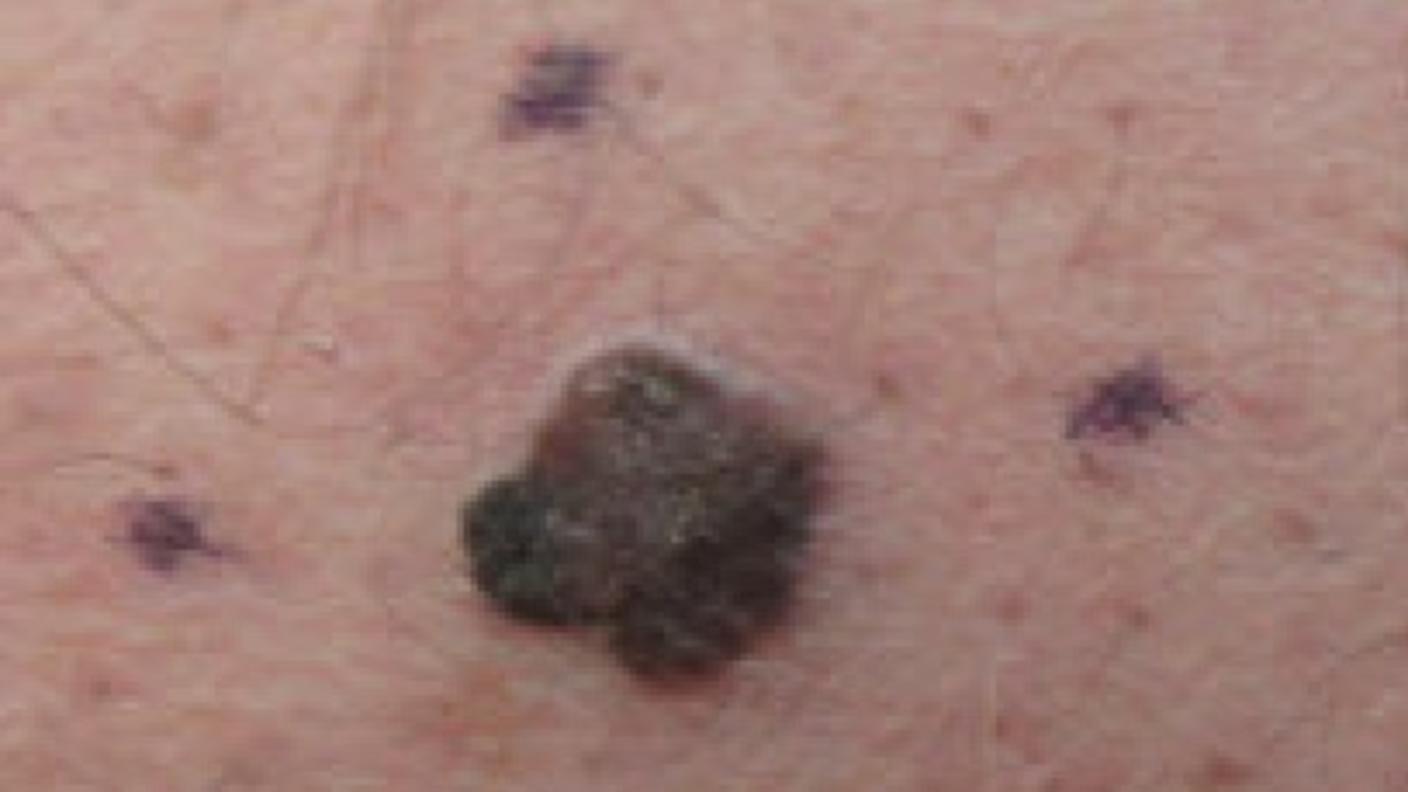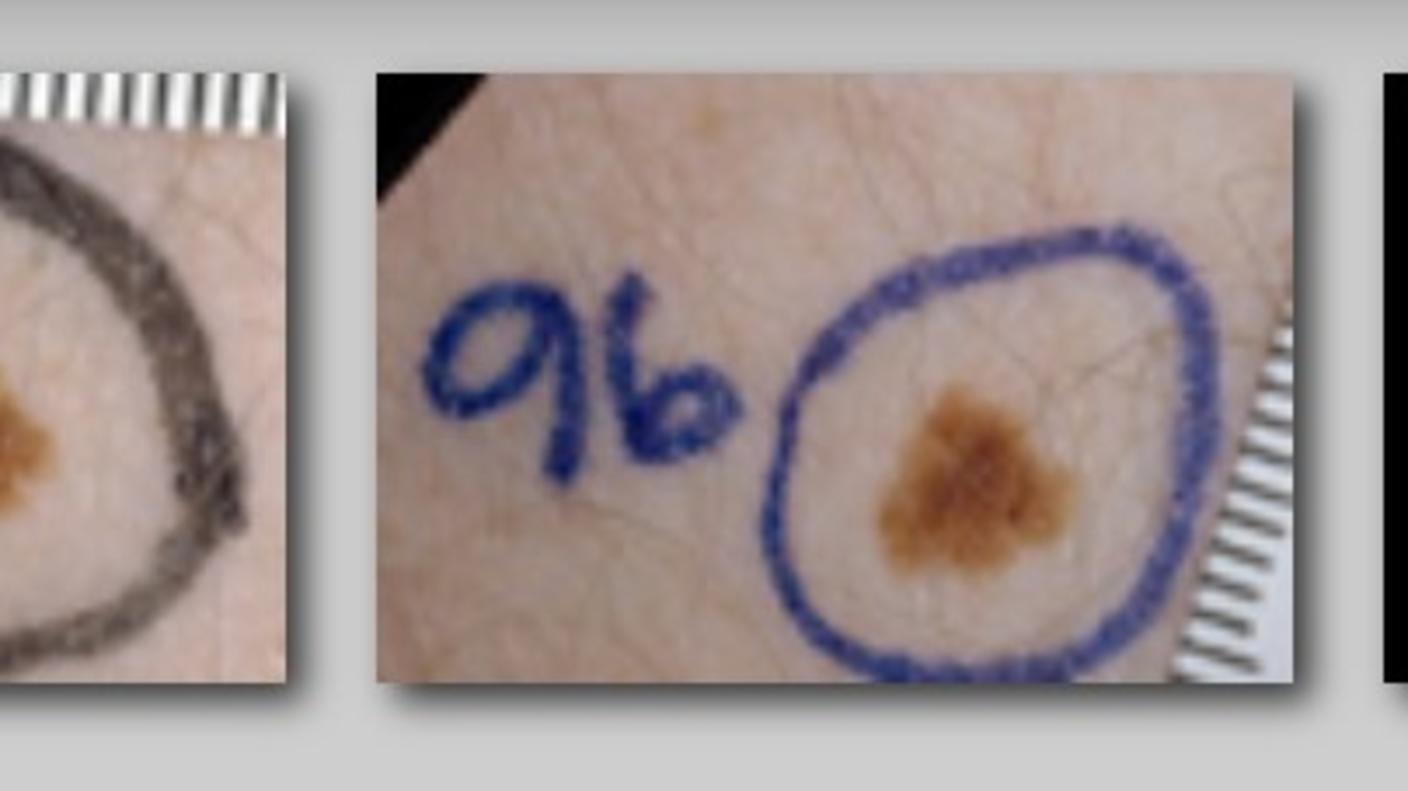Melanoma
Each year, more than 68,000 Americans are diagnosed with melanoma, and another 48,000 are diagnosed with an early form of the disease that involves only the top layer of skin. DCEG researchers conduct studies on melanoma, a form of skin cancer. Selected studies include:
Atypical Spitzoid Tumor Study
An investigation into novel inherited gene variants that contribute to the development of atypical spitzoid tumors in children, adolescents, and young adults. This study is recruiting participants.
Familial Melanoma Study
This study investigates how genetic and environmental factors contribute to the development of melanoma and related conditions. Since 2002 more than 3,000 people have participated in this study.
Laboratory of Dr. Kevin Brown
Dr. Brown's lab focuses on the identification and functional characterization of melanoma risk alleles, investigates the genetics of melanoma risk through genome-wide association studies (GWAS), and whole-genome and –exome sequencing of high-risk melanoma families. In addition, Dr. Brown’s lab focuses on the functional characterization of melanoma risk loci, including identification and characterization of causal sequence variants and genes and the mechanisms by which they influence disease risk.
Laboratory of Jiyeon Choi
Dr. Choi's lab focuses on genetic susceptibility to melanoma to identify functional variants and affected genes from susceptibility loci using functional genomics approaches. The lab characterizes susceptibility gene functions in cell-based systems and aims to further identify the cellular and environmental contexts in which susceptibility genes are functional. Dr. Choi’s group also works on building transcriptomic/epigenomic resources from diverse populations.
MelaNostrum Consortium
A study of genetic, environmental, and clinical features of melanoma risk and progression in Mediterranean populations.

